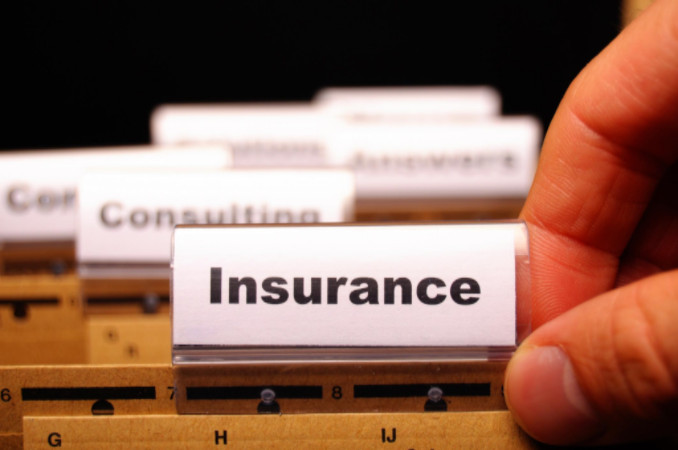Learn about Florida car insurance requirements and what is and isn’t covered after an accident

What is PIP insurance?
PIP, which stands for “personal injury protection,” is insurance that pays for personal injuries that Florida drivers suffer in a car crash. When you have PIP insurance, it pays you for your injuries even if you’re proven to be at fault for the accident. Florida law requires every driver to carry at least $10,000 of PIP insurance coverage to legally operate a vehicle on the road.
To reap your benefits, you must also report your injuries within 14 days, be treated in an emergency setting, and attend medical follow-up appointments.
Florida as a no-fault state
The state passed Florida’s no-fault laws in 1971. They believe that this model cuts down on individuals needing public assistance because of traffic crashes. They also believe it lowers the caseload and conserves resources in the state court system. The law continues to undergo changes as lawmakers struggle to improve its efficiency.
The Sunshine State’s insurance laws make it one of a handful of no-fault states in the country. That means that each person purchases insurance for their own benefit. Then, when a car accident occurs, they must look to their own insurance company to recover their losses – even if they are the one responsible for causing the crash.
What does PIP insurance pay?
PIP insurance covers losses that include medical bills and lost wages if you are unable to work. If you need replacement services, you can use the funds to hire someone to do household chores, provide child care or drive.
PIP coverage pays 80 percent of medical bills incurred because of the crash up to the policy limit. It pays 60 percent of lost wages if the injured individual cannot work. If a person needs replacement services, PIP coverage pays 100 percent for these losses.
Finally, if a death occurs, PIP coverage offers compensation of up to $5,000.
Who does PIP insurance pay?
In addition to covering you, personal injury protection insurance covers your children. The insurance covers your children in the vehicle and also when they ride the school bus. If there are individuals in your vehicle at the time of the crash who don’t own a vehicle and therefore don’t have their own PIP coverage, they may be able to recover compensation under your policy.
When does PIP insurance pay?
No-fault PIP insurance pays you when you are hurt in an automobile accident as the driver. It also pays when you are hurt as a passenger in a vehicle that someone else is driving. Even if you are a pedestrian or on a bicycle, you can look to your PIP insurance to pay you if you are hurt in a crash with a motor vehicle.
PIP insurance requirements for nonresidents
Generally, nonresidents are exempt from the insurance requirement. However, if a vehicle has been present in the state for ninety days or more in the past year, the owner must obtain PIP insurance just like a Florida resident driver.
If the vehicle owner doesn’t get this insurance, they can suffer a license suspension. Usually, this results in the state suspending the person’s privilege to drive in the state and notifying the person’s home state of the suspension.
When doesn’t PIP apply?
In cases of very serious vehicular crashes, you can go outside of Florida’s no-fault laws to bring a claim for damages against the other driver. There are certain requirements that make the crash serious enough for such a situation.
For example, you can bring a claim outside of PIP recovery if you suffer a permanent or chronic injury. A permanent injury could include traumatic brain injury, amputation, scarring or disfigurement.
Loss of a major bodily function or paralysis is another way that a person can bring a case for losses after a car accident. When a person brings a case outside of no-fault laws, they typically seek help from a qualified personal injury lawyer and can ask for additional damages such as pain and suffering.
Is the minimum PIP insurance coverage sufficient?
It is critically important to maintain the required minimum car insurance. However, we recommend purchasing a policy that covers greater amount. The minimum $10,000 is far below the costs you might actually incur if you are in a serious car accident. Most people assume that it won’t happen to them, but millions of crashes happen each year in the United States.
What other types of car insurance are required in Florida?
In addition to PIP insurance, the state of Florida also requires $10,000 worth of property damage liability (PDL) insurance. This coverage will pay for property damage caused by you in a crash. This property damage must be to another person’s property; PDL does not cover any damage to your own vehicle.
Although bodily injury (BI) insurance is not required for all Florida drivers, those who have had previous violations or accidents may be required to carry BI coverage, and some drivers opt to carry it voluntarily to protect their assets in the event of a serious accident. This type of coverage helps pay for damages related to catastrophic injuries or the wrongful death of another driver in an accident that you caused. For this type of coverage, insurance companies will pay $10,000 per injured person, but the total will not exceed $20,000.
Should you contact a personal injury lawyer?
If you have been injured in an auto accident and your insurance isn’t providing you coverage as specified under your policy, speak to an experienced Tampa personal injury and car accident lawyer at Lorenzo & Lorenzo. Schedule your free consultation today and see how we can help.






